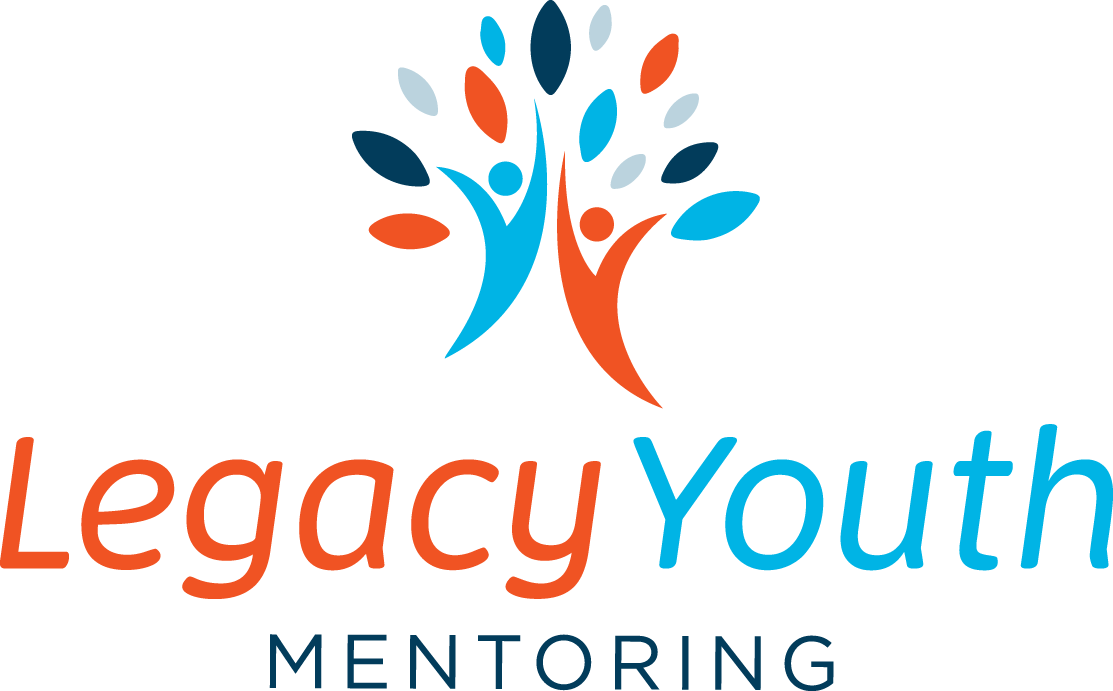
Do you remember you? Before YOU were you?
Watch this short video clip to learn why mentoring is important!
For parents and guardians: Why do kids need mentors?
Mentoring is a powerful way to access relational growth through guidance and friendship from a role model. Quality mentoring relationships have powerful positive effects on young people in a variety of personal, academic, and professional situations such as connections to career exploration or development. Ultimately, mentoring connects a young person to personal growth and development, and social and economic opportunity.
Community Need: 1 in 3 young people are growing up without a mentor.
More than 1 in 3 young people, an estimated 16 million nationally, need an adult mentor. This includes 9 million at-risk youth who need mentors to help them reach their full potential. However, due to a lack of volunteers, there are still many students waiting for formal mentoring relationships.
Why mentoring will make an impact on my child/teen:
A mentor who can guide, motivate, and encourage their mentee will play a meaningful role in the life of a young person. The 40 Developmental Assets research by Search Institute tells us that kids are most successful when they have three or more non-parent adult role models in their lives. Having multiple people surrounding your child will only help to ensure they grow up into happy, successful adults. A wise African proverb says, “It takes a village to raise a child.” Working together, we can bring more possibility and social capital to our young people.
Benefits of youth mentoring:
Mentors build supportive friendships with their mentee, helping the young person discover their STRENGTHS to guide them toward growth and success. Mentors share hands-on skills, life skills, experience and friendship with their student which will expand their network of support. Mentors receive training through Legacy Youth Mentoring which will help them learn to support their mentee by helping them identify their natural SPARKS and build upon their strengths. Our volunteers will also use 5 Key Actions as mentors: 1) Show they CARE 2) Challenge GROWTH 3) Provide SUPPORT 4) Share Power 5) Expand Possibilities
What types of things will mentors and students do each week during mentoring sessions?
Mentors will begin by building a friendship with your child. They will use provided resources, “getting to know you” tools, which will help them find the young person’s interests, skills, hobbies, strengths, supports, sparks, and struggles. They may play games, talk, build something together or enjoy lunch during mentoring sessions. Mentors will listen to their mentees, give them undivided attention, and encourage them in their everyday life at school. They are not there to take the place of a parent, they are simply a caring friend and cheerleader for your student!
Research on the benefits of mentoring: The Mentoring Effect
Mentored Kids Are:
55% more likely to go to college or tech school
46% less likely than peers to start using drugs
52% less likely to skip a day of school
90% more interested in becoming mentors themselves
130% more likely to hold a leadership position in a club or sport
Ready to help?
Volunteer


